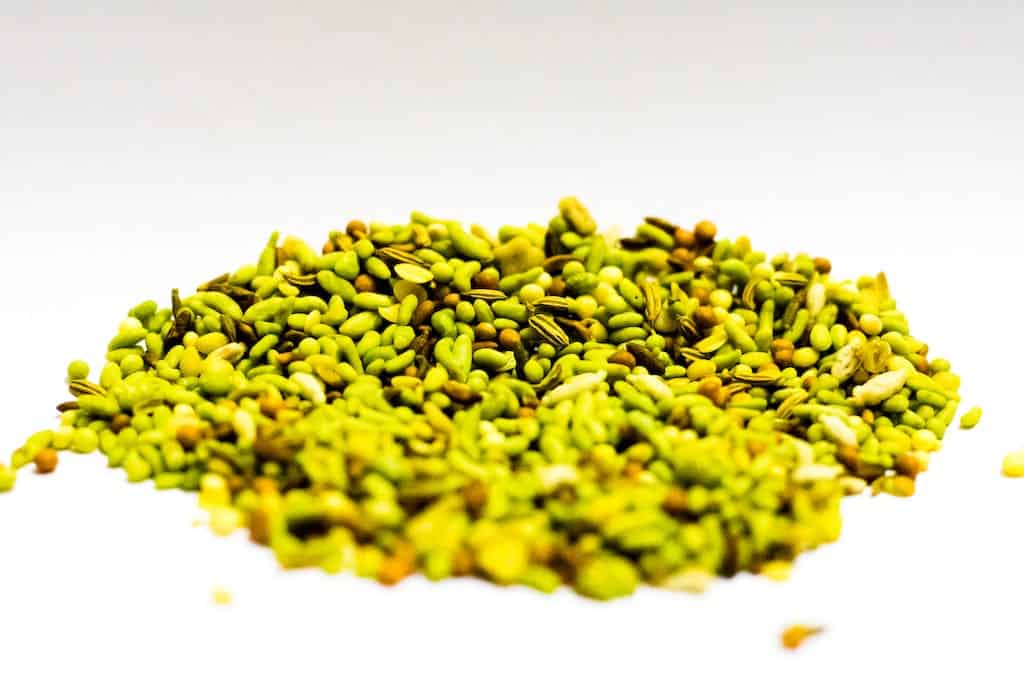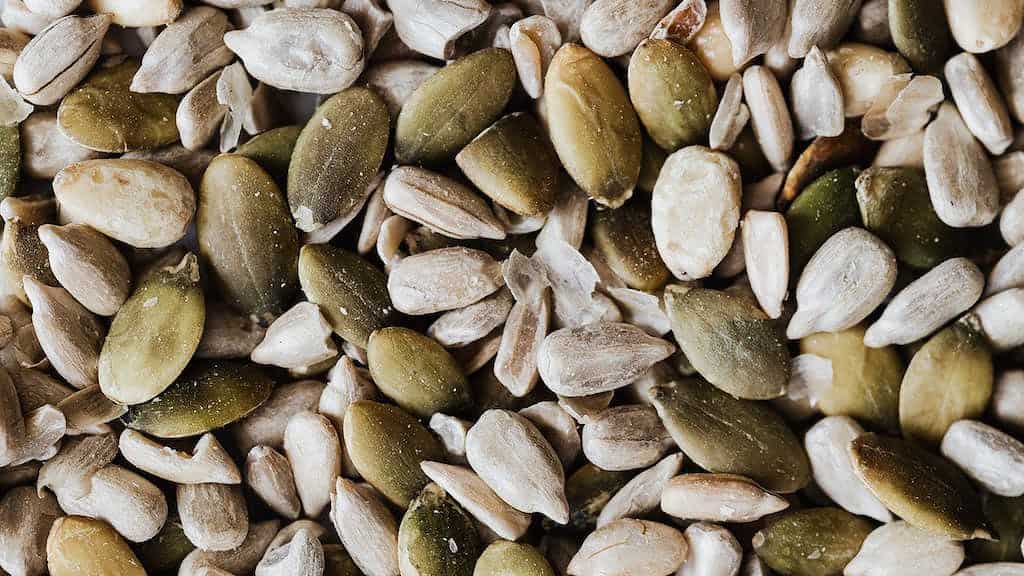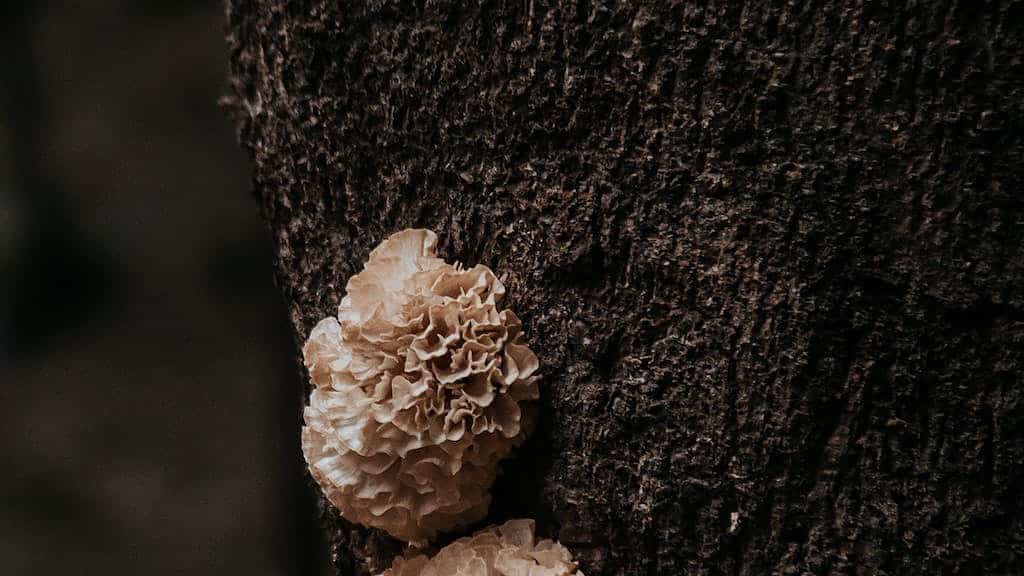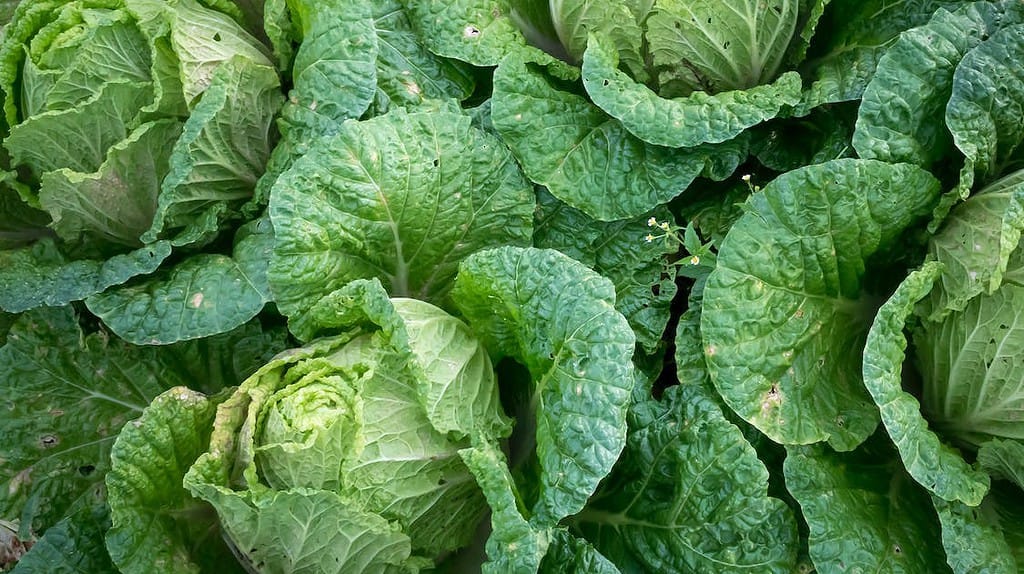Key Takeaways
- Dogs can safely consume fennel seeds in moderation.
- Fennel seeds can offer various health benefits to dogs.
- Fennel seeds can help freshen a dog’s breath and improve digestion.
- It is essential to grind or crush fennel seeds before giving them to dogs.
- Large quantities of fennel seeds may have adverse effects on dogs.
- Consulting a veterinarian is recommended before introducing fennel seeds to your dog’s diet.
- Observe your dog for any signs of allergic reactions or digestive issues when introducing fennel seeds.
- Feeding fennel seeds should not replace a balanced diet for your dog.
- Store fennel seeds in a cool, dry place away from sunlight to maintain their potency.
- Always use fennel seeds as an occasional treat and not as a primary food source for your dog.
Summary
Can Dogs Eat Fennel Seed?
Yes, dogs can safely eat fennel seed in moderation. This article explores the benefits and potential risks of feeding fennel seeds to dogs, providing essential information for pet owners who want to incorporate this herb into their dog’s diet. It discusses fennel seed’s digestive benefits, oral health perks, and its potential to alleviate certain canine health issues. Furthermore, it addresses precautions pet owners should take and offers alternative ways to incorporate fennel seeds into a dog’s diet for optimal health. Read on to fully understand the topic and ensure your furry friend reaps the benefits safely.

Can Dogs Safely Consume Fennel Seeds?
While fennel seeds are not toxic to dogs, it is important to feed them in moderation. Fennel seeds can serve as a natural remedy for certain digestive issues in dogs, such as gas, bloating, and diarrhea. These seeds contain essential oils that may help soothe the gastrointestinal system and reduce discomfort. However, excessive consumption of fennel seeds can result in an upset stomach, vomiting, or diarrhea in your furry friend. If you decide to introduce fennel seeds to your dog’s diet, do so gradually and monitor their reaction.
Health Benefits of Fennel Seeds for Dogs
Fennel seeds offer several potential health benefits for dogs. They are a rich source of antioxidants, which can help boost the immune system and protect against free radicals. The seeds also contain vitamins A and C, essential for maintaining healthy skin and coat. Fennel seeds have mild diuretic properties, aiding in flushing out toxins from the body. Additionally, they may help freshen your dog’s breath. However, it is crucial to consult with a veterinarian before incorporating fennel seeds into your dog’s diet, especially if your pet has any underlying health conditions or is currently on medication.
Possible Risks and Precautions
While fennel seeds can be beneficial, they may pose risks to certain dogs. If your dog is prone to allergies, it is best to avoid fennel seeds altogether, as they can potentially cause an adverse reaction. Similarly, if your dog has a history of urinary tract issues or is pregnant, fennel seeds should be avoided, as their diuretic properties could worsen the condition. Always start with a small amount of fennel seeds and observe how your dog reacts before increasing the quantity.
Proper Way to Serve Fennel Seeds to Dogs
The best way to serve fennel seeds to dogs is by grinding them into a fine powder and mixing a small amount into their regular food. This ensures better digestion and absorption of the nutrients. Alternatively, you can infuse fennel seeds into warm water and offer it as a herbal tea. Remember to cool it down before serving. Avoid adding any sweeteners or seasonings when preparing fennel seeds for your dog, as these can be harmful to their health.
Other Safe Alternatives for Canine Digestive Issues
If you’re looking for alternative ways to relieve digestive problems in your dog, there are safer options available. Plain canned pumpkin, without added sugars or spices, can be a gentle and effective remedy for constipation or diarrhea. Additionally, probiotic supplements designed specifically for dogs can help promote a healthy gut flora and alleviate digestive discomfort. Always seek advice from your veterinarian to determine the best course of action for addressing your dog’s specific needs.
Seeking Veterinary Guidance
Before making any significant changes to your dog’s diet or introducing new foods, it is essential to consult with a veterinarian. They can provide personalized advice based on your dog’s breed, age, health condition, and any medication they may be taking. Your vet will help you determine if fennel seeds are appropriate and safe for your dog, considering their unique circumstances. Remember, responsible pet ownership includes prioritizing your dog’s well-being and seeking professional guidance when necessary.
Recipes and Alternatives to fennel seed for dogs
Fennel seeds are not recommended for dogs as they can cause digestive issues and may be toxic in large quantities. Instead, there are many other safe and healthy foods you can include in your dog’s diet. Some dog-friendly alternatives include carrots, apples, blueberries, cooked lean meats (such as chicken or turkey), and pumpkin puree.
- Carrots: Raw or cooked carrots are great for dogs as a low-calorie and crunchy snack
- Apples: Remove the seeds and core, then slice the apples into smaller pieces for your dog to enjoy
- Blueberries: These little berries are packed with antioxidants and make a tasty treat for dogs
- Cooked Lean Meats: Chicken or turkey, cooked without seasoning or bones, can be a healthy addition to your dog’s diet
- Pumpkin Puree: Plain, canned pumpkin (not pumpkin pie filling) can help with digestion and provide essential nutrients for dogs
Can Dogs Eat Fennel Seed? – FAQ
1. What is fennel seed?
Fennel seed is a popular culinary spice that comes from the fennel plant (Foeniculum vulgare). It is commonly used in cooking to add flavor to various dishes and has a licorice-like taste. Fennel seeds are small and oval-shaped.
2. Is fennel seed safe for dogs?
In small amounts, fennel seed is generally safe for dogs to consume. However, it is important to note that excessive consumption can lead to some adverse effects.
3. What are the potential benefits of feeding fennel seed to dogs?
Fennel seed can provide some potential benefits for dogs:
- Rich in antioxidants: Fennel seeds contain antioxidants that may help reduce oxidative stress and promote overall health.
- Improved digestion: Fennel seeds are known to have carminative properties, which can aid in digestion and relieve bloating or gas.
- Fresh breath: Chewing on fennel seeds can help freshen a dog’s breath naturally.
4. How should fennel seed be given to dogs?
If you decide to give fennel seed to your dog, it is important to do so in moderation:
- Whole seeds: Dogs can chew on a few whole fennel seeds directly. Start with a small amount (e.g., 1-2 seeds) and observe your dog’s reaction.
- Powdered form: Fennel seeds can be ground into a powder and sprinkled over your dog’s food. Use only a small pinch (e.g., 1/8 to 1/4 teaspoon) depending on your dog’s size.
- Fennel tea: An alternative is to make fennel tea by steeping the seeds in water. Once cooled, offer your dog a small amount, ensuring it is not too hot.
5. What potential risks or side effects should I be aware of?
While fennel seed is generally safe for dogs, excessive consumption can lead to some adverse effects:
- Upset stomach: Some dogs may experience gastrointestinal upset, such as diarrhea or vomiting, if they consume too much fennel seed.
- Allergic reactions: Dogs can develop allergies to fennel seed, although this is rare. Watch for signs of itching, swelling, or difficulty breathing after ingestion.
6. Are there any situations where dogs should avoid fennel seed?
Dogs with specific medical conditions or situations should avoid fennel seed consumption:
- Pregnancy: Pregnant dogs should avoid fennel seed due to its potential to stimulate uterine contractions.
- Bleeding disorders: Fennel seed may have an anticoagulant effect, so dogs with bleeding disorders or those on blood-thinning medications should avoid it.
- Underlying health issues: Consult with a veterinarian before introducing fennel seed if your dog has any pre-existing health conditions.
7. What should I do if my dog eats too much fennel seed?
If your dog accidentally consumes excessive fennel seed or experiences any concerning symptoms, it is best to contact your veterinarian for guidance. They can provide appropriate advice based on your dog’s specific situation.
8. Can
Conclusion
In conclusion, fennel seeds are not toxic to dogs and can be safely consumed in moderation. They provide various health benefits such as improved digestion, reduced flatulence, and freshened breath. However, it is important to note that excessive consumption of fennel seeds can cause stomach upset in dogs, so it should be introduced gradually into their diet. Additionally, fennel seeds should always be given in a ground form to prevent choking hazards. As with any new addition to a dog’s diet, it is recommended to consult with a veterinarian before incorporating fennel seeds to ensure they are suitable for your specific pet.
📚 Sources:











